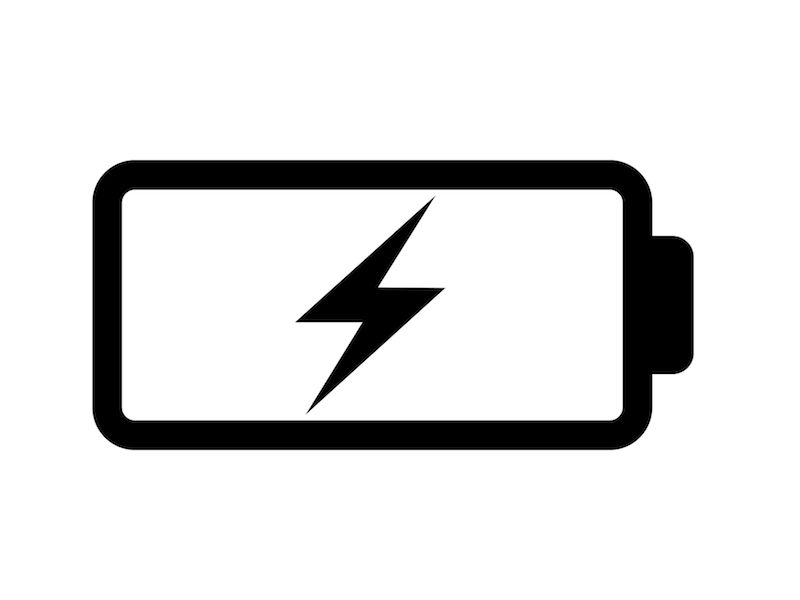
Rechargeable hearing aids are designed so that you’ll need to worry less about running low on batteries, but the technology might also make you slightly nervous when you rely on your devices to hear. Do rechargeable hearing aids work as well as advertised or do they even work at all?
The anxiety is reasonable and so are the question you might have. A hearing aid is often a vital element of one’s day-to-day life, as necessary for a quick trip to the grocery store as they are for the enjoyment of a television show or movie. When a piece of technology affects so many facets of your life, it’s crucial that it functions properly and dependably.
How Do I Know What Kind of Battery I Have?
Most contemporary hearing aids have rechargeable batteries by default, so if you purchased your hearing aids recently it’s likely that your hearing aids will have one of two battery types. Silver-zinc batteries, which have a battery door on the back of the device, are rechargeable, but the batteries may have to be replaced every so often. A Lithium-ion battery, however, will not have a battery door because the batteries will last as long as the hearing aid does.
Rechargeable Hearing Aids Need Special Care
For the most part, rechargeable hearing aids do work, and they work well. As battery technology has improved in the last several years, the reliability of these devices has increased significantly. In order to increase dependability, however, there are a few maintenance steps users can take as they would with any other electronic equipment.
- The Charging Station is Where Your Hearing Aids Should be Stored: If your hearing aids have rechargeable batteries, you can increase your device’s battery life by ensuring that you consistently store your hearing aids on their charging station. The long term battery life is not reduced by charging a battery that is not completely drained.In fact, making sure that your hearing aids are charging when not in use can actually maximize your long-term battery life. A convenient reminder, for most people, to charge their device when it’s not used, is to put the charging station on a table next to their bed.
- Keep Your Hearing Aids Dry and Clean: No matter how often you use or do not use your hearing aids, they have plenty of occasion to collect dust, debris, and moisture. Any combination of these three things can diminish the capacity of your battery and can hinder charging as much as it needs. That’s why it’s important to keep your hearing aids clean and dry specifically when connecting your hearing aid to its charging station.
- Be Careful of Wires: Most hearing aids will have a wire element of some kind, either on the charging station or on the hearing aids themselves. Being aware of these wires is essential for hearing aid users; the connection that enables the device to charge can be damaged if you pull on or hold it by the wires.
How to Change a Rechargeable Battery
If you have lithium-ion batteries, they will probably last as long as your device does. As a result, you should not have to worry about replacing those batteries. Your hearing aids can then be simply charged as long as necessary.
However, you will want to occasionally change the batteries if you have a hearing aid that uses silver-zinc batteries. Switching batteries in the right way can help improve the longevity of your hearing aids. Because of this, hearing experts suggest the following:
- Until you’re ready to use the batteries, don’t remove the plastic tabs or packaging.
- Clean and free of moisture is the state that your battery compartment should be kept in.
- Let the batteries sit out at room temperature for at least five minutes before removing any tabs that may be attached.
- Be sure you wash your hands before replacing your hearing aid batteries.
- Keep batteries in a room temperature spot that is also certain to be dry.
Non-Use For Long Periods
If you are planning not to use your hearing aids for long amounts of time, leaving them on the charger might no longer be the best way to store your devices. Just disconnect your hearing aid and store it in a dry cool place if, for instance, you know you won’t be using them for a few weeks or a month.
Think about leaving the battery door open so you can stop moisture from corroding the batteries if you have silver-zinc batteries.
Keep it Charged Every Day
All your general needs should be satisfied if you charge your hearing aids once per day. To get 24 hours worth of battery life with a lithium-ion battery will usually only require 3-4 hours every day.
Do rechargeable hearing aids work? They don’t just work, they are becoming more common all the time. To see all the different models, contact your local hearing aid retailer.